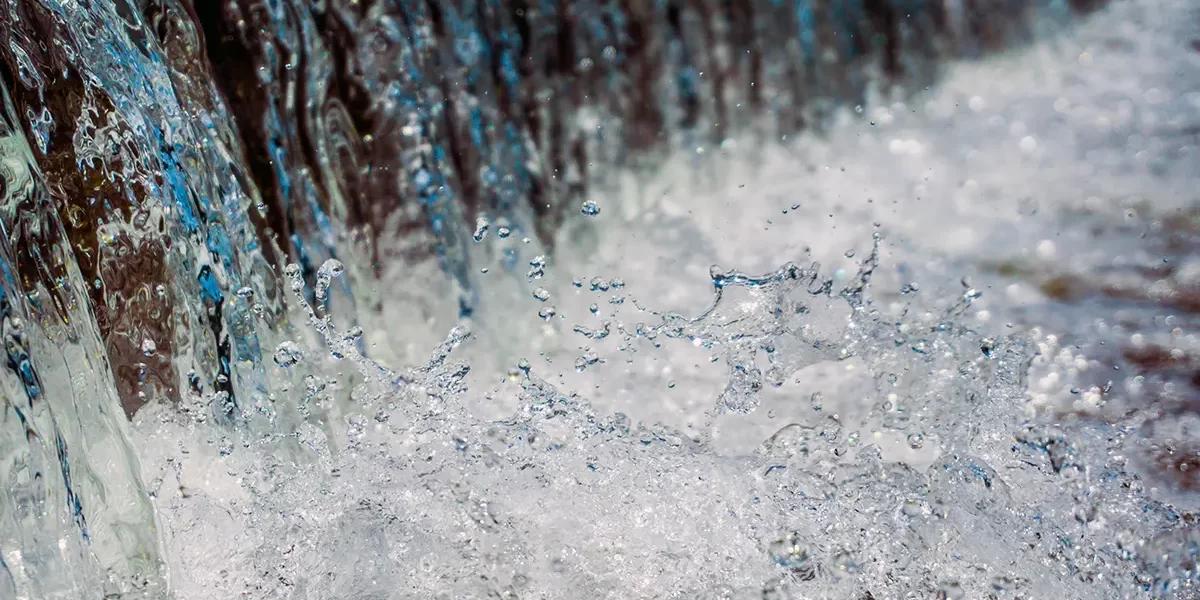Is Chlorine Dioxide a better water treatment option than Sodium Hypochlorite?
Chlorine is a widely used disinfectant in water treatment processes, and it has been used for many years to help ensure the safety of our drinking water.
However, there are different types of Chlorine-based disinfectants, each with advantages and disadvantages.
Two of the most commonly used disinfectants are Sodium Hypochlorite and Chlorine Dioxide.
Advantages of Sodium Hypochlorite (NaClO)
Sodium Hypochlorite is a strong oxidising agent effective against bacteria, viruses, and other microorganisms. It is a widely used and highly effective disinfectant for water treatment.
It can be a cost-effective solution for large-scale water treatment and is commonly used due to its reliable and proven results. However, it is essential to be aware of its drawbacks as well.
Disadvantages of using Sodium Hypochlorite
One of the disadvantages of using Sodium Hypochlorite is that it can form harmful byproducts like Trihalomethanes (THMs) and Haloacetic acids (HAAs). These byproducts can be detrimental to human health, so it is crucial to follow proper guidelines for their usage.
Another disadvantage of Sodium Hypochlorite is that it can be corrosive to equipment and infrastructure. Therefore, it is essential to take proper precautions while handling Sodium Hypochlorite.
Sodium Hypochlorite may not be as effective against certain viruses and cysts. Despite its drawbacks, Sodium Hypochlorite remains a popular choice for water treatment due to its affordability.
Advantages of Chlorine Dioxide (ClO2)
When it comes to disinfection, ClO2 is a popular choice for many operators due to its broad-spectrum effectiveness against bacteria, viruses and cysts. Unlike NaOCl, ClO2 does not form harmful byproducts such as THMs and HAAs.
Chlorine dioxide is a yellow-green gas soluble in water and is a powerful oxidising agent against bacteria, viruses, algae, and fungi. ClO2 is also pH neutral, which means it remains effective over a wide pH range, unlike NaOCl, which loses efficacy in non-ideal pH conditions. Additionally, ClO2 is effective against biofilm, a common problem in water systems, and it is generally less corrosive to equipment and infrastructure than other disinfectants.

Disadvantages of using Chlorine Dioxide
There are some drawbacks to using ClO2 such as the storage and handling of the chemical precursors. ClO2 can be more volatile than NaOCl, but specialist training can easily manage this concern.
Which is the Best Water Treatment Option?
So, is Chlorine Dioxide a better water treatment option than Sodium Hypochlorite? The answer can be complex, as it depends on the specific circumstances and requirements of the water treatment process.
Chlorine Dioxide is generally considered more effective at disinfecting water than Sodium Hypochlorite, producing fewer byproducts. The specialised ClO2 dosing equipment’s initial cost may be higher than Sodium Hypochlorite’s, but long-term operational costs are significantly lower.
Sodium Hypochlorite can be more cost-effective initially, but as it produces more byproducts, causes corrosion to equipment and is potentially harmful to human health, the long-term operating costs and environmental challenges will be significant compared to Chlorine Dioxide.
If you’re searching for a way to improve your water treatment process, then ClO2 might be the solution you’ve been looking for. Not only is it safe for the environment, but it’s also incredibly effective.
Chlorine Dioxide For Water Treatment: A Smart Choice
If you are looking for an effective disinfection solution, Scotmas’ Chlorine Dioxide-based technology is rapidly becoming the solution for many developers, consultants, specifiers, EPC contractors, utility companies, and plant operators to deliver complete solutions that meet their unique needs.
For reliable and safe disinfection solutions, explore our Chlorine Dioxide-based solutions. Our team of experts can help you find the perfect solution for your unique needs.
If you want to learn more about our Chlorine Dioxide dosing systems or water treatment solutions, explore our website or contact our experts today by calling +44 (0)1573 226901 or email enquiries@scotmas.com.






